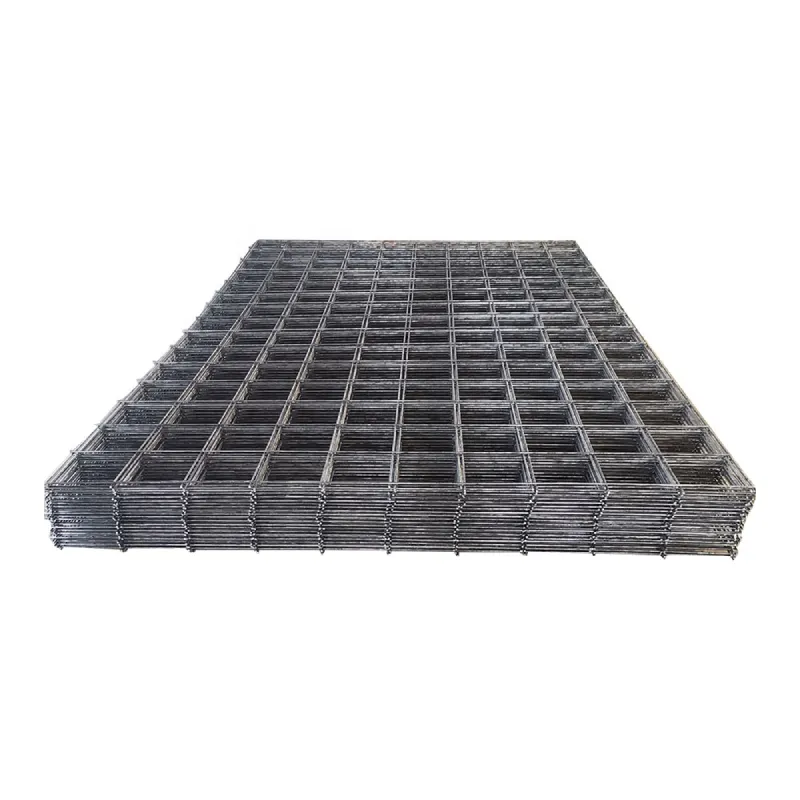Aluminum Sheet Metal with Holes Applications and Benefits
Aluminum sheet metal with holes has become an essential material in various industries due to its versatility, lightweight nature, and durability. This specialized metal product is often utilized in applications that require a combination of strength and functionality. The process of adding holes to aluminum sheets can be accomplished through various methods, including punching, laser cutting, or drilling, depending on the specific requirements of the project at hand.
One of the primary benefits of using perforated aluminum sheet metal is its reduced weight compared to other metals like steel. This lightweight characteristic offers significant advantages in fields such as automotive and aerospace, where weight reduction is a critical factor for fuel efficiency and performance. Additionally, the holes can be designed in different sizes and patterns to meet aesthetic needs or functional requirements, making it an ideal choice for architectural applications and decorative elements.
In construction and architecture, aluminum sheet metal with holes is often used for facades, sunshades, and ceilings. The perforated design allows for natural ventilation, enabling airflow while maintaining privacy. This is particularly beneficial in large commercial buildings, where temperature control and energy efficiency are paramount. Moreover, the aesthetic appeal of perforated metal can enhance the visual interest of a structure, making it popular among architects and designers.
aluminum sheet metal with holes

Another significant application of perforated aluminum sheet metal is in the manufacturing sector. It is a common material used for machine guards, filters, and mezzanines. The holes in the aluminum sheets can facilitate air or fluid flow, making them ideal for applications where ventilation or drainage is crucial. For instance, perforated metal is extensively used in the filtration industry for the production of filter screens that allow fluids to pass through while trapping particulates.
The durability and corrosion resistance of aluminum also play a vital role in its selection as a material. Unlike steel, aluminum does not rust, making it a fantastic option for outdoor applications and environments prone to moisture. This characteristic ensures that the applications remain safe and functional over time without frequent maintenance or replacement.
Furthermore, the eco-friendliness of aluminum should not be overlooked. Aluminum is a sustainable material that is 100% recyclable without any loss of its properties. This aspect resonates with the growing demand for environmentally responsible manufacturing practices. Industries are increasingly adopting perforated aluminum sheets not only for their functionality but also for their minimal carbon footprint.
In conclusion, aluminum sheet metal with holes offers numerous advantages across various industries, from construction to manufacturing. Its lightweight nature, durability, and design flexibility make it an ideal choice for a multitude of applications. As businesses continue to prioritize efficiency and sustainability, the use of perforated aluminum sheet metal is expected to grow, making it a valuable asset in modern manufacturing and design. Whether for practical use or aesthetic appeal, the versatility of aluminum in its perforated form will lead to innovative applications in the years to come.
-
The Best Metal Mesh Solutions: Expanded Aluminum Metal vs. Expanded Stainless Steel Metal
NewsSep.10,2024
-
Round Perforated Sheets vs. Hexagonal Perforated Sheets vs. Embossed Perforated Sheet Metal
NewsSep.10,2024
-
Perforated Metal Sheets
NewsSep.10,2024
-
Experience The Excellence Of Stainless Steel Grating
NewsSep.10,2024
-
Discover the Versatility Of Metal Mesh Expanded Forming Machines
NewsSep.10,2024
-
Discover The Advantages Of Steel Grating For Sale
NewsSep.10,2024
Subscribe now!
Stay up to date with the latest on Fry Steeland industry news.

